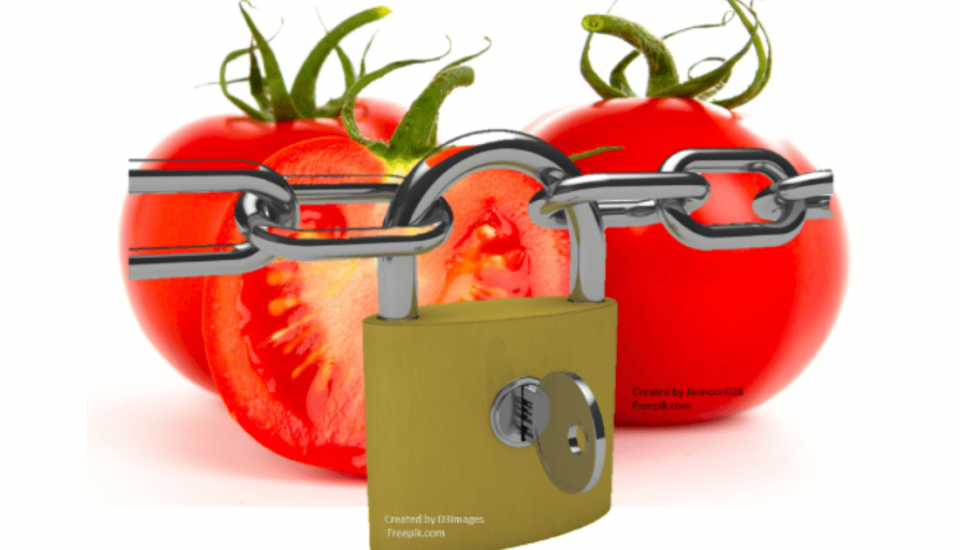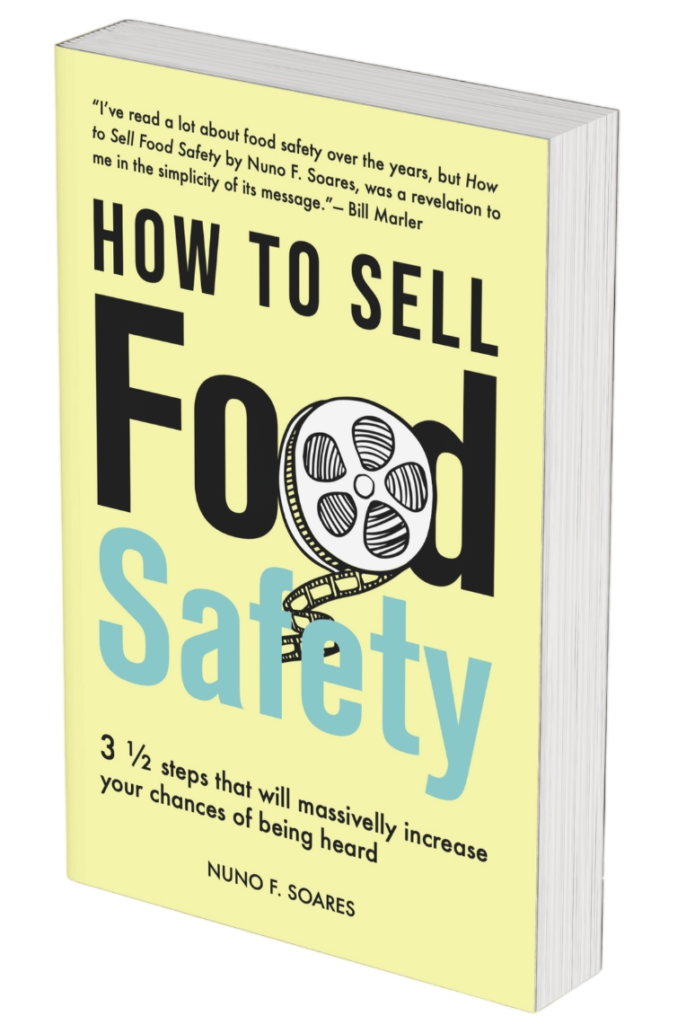
Food Business Operators (FBOs) play the most critical role as they supply ‘Food’ to the consumers. Their primary responsibility is to ensure that Food being supplied is SAFE and NUTRITIOUS for human consumption as the food which is “not safe is not food “.









